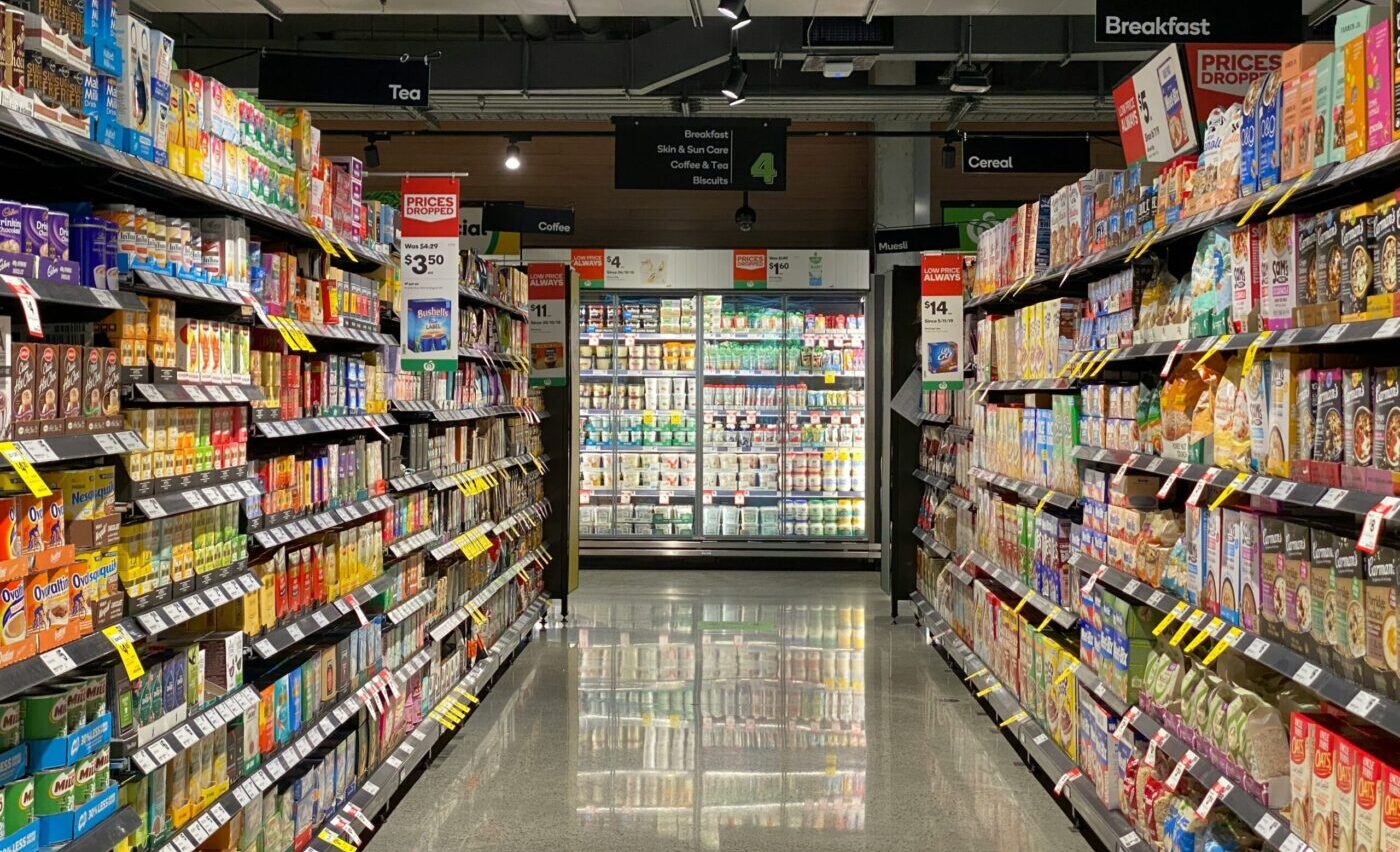
- By Parmjeet Parmar, Pakuranga-based ACT List MP
New Zealanders have too little choice at the checkout.
The supermarket sector is dominated by two main companies who face limited competition from others.
ACT wants to welcome a third major supermarket chain, possibly more if we can.
When there’s genuine competition, stores have to compete for customers.
That means lower prices, better service, and higher-quality products.
But currently, despite that clear gap in the market, global chains aren’t lining up to invest here. Why?
One of the biggest barriers is our complicated planning and consenting regime.
It can take years, and cost millions, just to get permission to build one store.
In Christchurch, the Woolworths in Halswell took four years and $3 million just to get permission to build it.
That cost is passed onto Woolworths shoppers across the country.
That’s 1.5 million loaves of bread taken out of Kiwis’ trolleys.
An overseas supermarket considering expansion would take one look at New Zealand and say “no way”.
ACT has a clear, practical plan to fix this. We’d introduce a fast-track process for new supermarket chains wanting to set up at scale.
If someone wants to build 10 or more stores, they’d be able to get all the necessary permissions in months, not years.
We need to send a clear message to the world that New Zealand is open for business.
We welcome competition. If global supermarket brands like Tesco, Aldi or Walmart know they won’t get tied up in endless red tape here, they’ll be much more likely to come.
And that means lower prices for everyone.
We also need to clear away some of the extra costs that have been loaded onto the sector.
Labour added unnecessary compliance costs that eventually end up in your shopping bill.
If their approach worked, they’d be boasting about cheaper groceries. But they’re not.
We should scrap those costly rules that don’t make your weekly shop more affordable.
Kiwis deserve a fair go at the checkout. ACT is the party that solves problems instead of just adding costs and blaming others when things go wrong.
Many governments have tried creating new rules to solve problems and almost always fail.
The only proven way to make things cheaper is more competition, not red tape.









